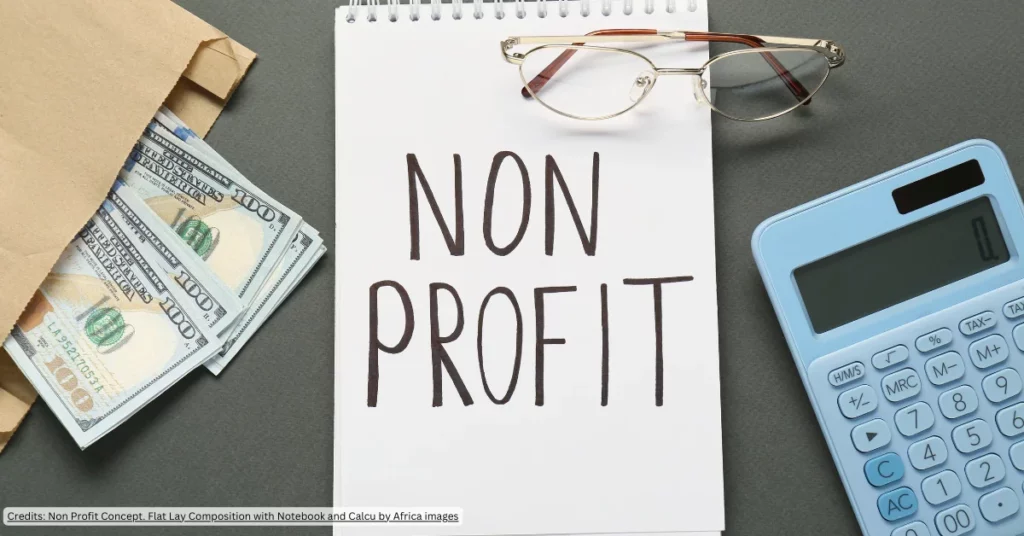NFP self-review return due in March. Avoid tax penalties and lodge correctly: Learn about NFP tax obligations and reporting.
Not-for-profit (NFP) organisations with an active Australian Business Number (ABN) that self-assess as income tax exempt must lodge an annual NFP self-review return. With the March deadline looming, it’s crucial to understand your obligations and avoid common misconceptions. Many NFPs are unsure about their tax obligations, and the Australian Taxation Office (ATO) is debunking some of the most prevalent myths surrounding NFP tax status and reporting.
Myth 1: All NFPs are income tax exempt. This is a common misconception. Not all NFPs are automatically income tax exempt. The tax law specifies the types of NFPs and the conditions they must meet for exemption. Charitable NFPs must be registered with the Australian Charities and Not-for-profits Commission (ACNC) and endorsed by the ATO. Other NFPs can self-assess as exempt if they meet specific criteria, but they must lodge the NFP self-review return to notify the ATO. Those that don’t qualify are taxable and must lodge an income tax return.
Myth 2: There is only one way to lodge the NFP self-review return. Actually, there are three options. Principal authorities with up-to-date details can lodge online via Online services for business. Alternatively, if you have your NFP’s ABN and a reference number from ATO correspondence, you can use the automated self-help phone service on 13 72 26. Finally, registered tax agents can lodge on your behalf through Online services for agents.
Myth 3: Anyone can lodge the NFP self-review return online. Not quite. While online lodgement via Online services for business is convenient, authorisation is required. Access is granted by the NFP’s principal authority, they can then authorise other individuals as needed.” The principal authority must ensure the NFP’s registration and contact details are current, set up their myID, and link it to the NFP’s ABN in Relationship Authorisation Manager (RAM). Tax agents can also handle lodgement.
Myth 4: If you’re unsure whether your NFP has charitable purposes, then you don’t need to lodge. Even if you’re unsure, you still need to lodge. When answering the charitable purposes question, you can select ‘Yes’ or ‘Unsure’. You will be contacted by the ATO and given guidance to help determine your charitable status.
The ATO encourages NFPs to access updated guidance and resources at ato.gov.au/NFPtaxexempt. Subscribing to the monthly Not-for-profit newsletter is another excellent way to stay informed about reporting obligations. Lodging the self-review return is essential for maintaining your NFP’s tax-exempt status, so don’t delay. By clarifying these common misconceptions, the ATO hopes to improve NFP compliance and ensure these vital organisations continue their important work.
Also read: Aussie donors get tax break: $2 donation minimum scrapped
Milton writes as both an occupation and a hazard. He also works on the newsletters you see on Tuesday and Thursday with articles you should find interesting.
- Daniel Miltonhttps://thirdsector.com.au/author/daniel-miltonakolade-co/
- Daniel Miltonhttps://thirdsector.com.au/author/daniel-miltonakolade-co/
- Daniel Miltonhttps://thirdsector.com.au/author/daniel-miltonakolade-co/
- Daniel Miltonhttps://thirdsector.com.au/author/daniel-miltonakolade-co/













